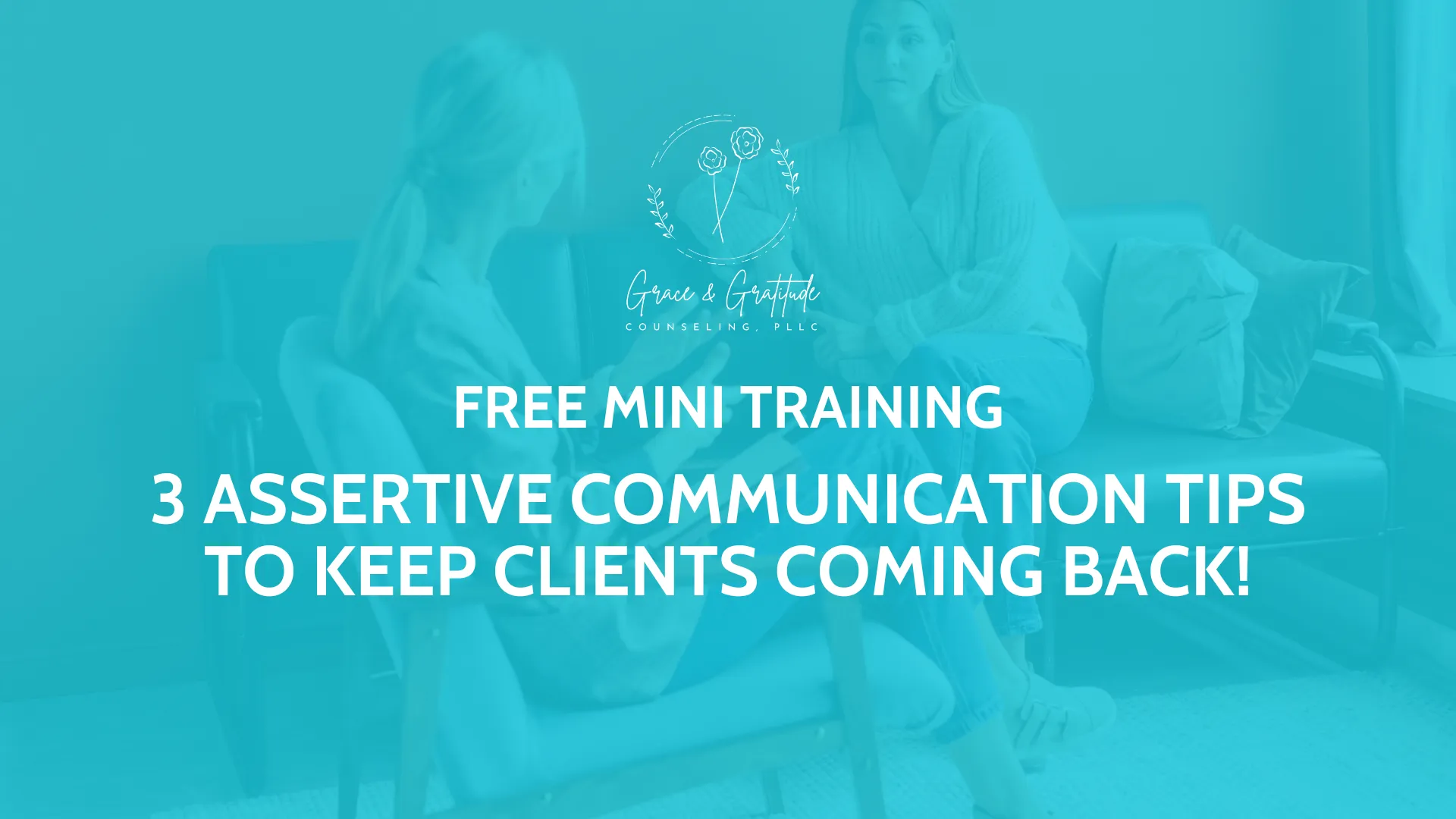Managing Stress and Anxiety in a Difficult News Cycle
Jul 14, 2025
By: GGC Clinician Liz Bohnsak
In today’s world, it can feel nearly impossible to avoid a steady stream of unsettling news. Natural disasters, violent events, economic concerns, health crises, and political conflict all make regular appearances in our social media feeds, news alerts, and conversations. Even when we want to stay informed, the volume, intensity, and emotional charge of the news can leave us feeling helpless, anxious, angry, or shut down.
If you’ve noticed that the news is affecting your sleep, mood, relationships, or sense of hope, you’re not alone. Below are some strategies to help you navigate the news cycle with greater care for your mental and emotional well-being.
Acknowledge Your Limits
It can be helpful to remind yourself that being human means having limits. Social media intentionally creates emotionally charged headlines to generate traffic and clicks. But these headlines can easily trigger your nervous system to activate and frequent activation leads to heightened overall stress, anxiety, irritability, etc. No one can emotionally process every tragedy or problem in the world at once. It’s okay to recognize that you can care about what’s happening while also protecting your own mental health.
A gentle mantra might be: “Caring doesn’t require self-destruction.”
Set Intentional Boundaries Around News Consumption
Instead of letting headlines find you at all hours, consider setting limits:
- Choose specific times of day to check the news.
- Turn off news notifications.
- Take social media breaks if necessary.
- Choose to read articles from trusted sources rather than watch the news or videos on social media.
- Curate your feed/algorithm by unfollowing triggering accounts/creators.
- Look for the good news. Despite this current climate, there are stories of hope.
Boundaries don’t mean ignoring reality; they mean giving yourself time to digest and respond thoughtfully.
Practice Mindful Awareness of Emotional Triggers
If you notice that certain news topics leave you especially activated or distressed, pause to name what you’re feeling. “Name it to tame it” is a science-baked strategy to keep us from being swept up in our emotions. Identifying emotions such as fear, anger, sadness, helplessness, disgust, worry, shocked, scared, numb, or alienated by stating, “I am feeling hopeless” rather than “I am hopeless” offers a degree of separation from ourselves and our emotions. It moves our thinking away from our limbic system (fight or flight response) to our prefrontal cortex (logic, higher level thinking).
Ground Yourself in the Present
When news stories make the world feel chaotic or unsafe, grounding exercises can help you return to the here and now. Try:
- 5-4-3-2-1 Technique: Name 5 things you see, 4 things you feel, 3 things you hear, 2 things you smell, 1 thing you taste. This brings your awareness to your surroundings while also moving away from the fight or flight response.
- Deep breathing: Inhale for 4 counts, hold for 4, exhale for 6. Breath work, especially deep breathing, sends the message to your nervous system that we are not actually in immediate danger.
- Focusing on the sensations of your feet on the floor or your body in a chair or the wind on your skin. Using an ice pack on your face or moving to a different space can interrupt an anxiety spiral.
Balance Information with Action
One reason the news can feel so heavy is that it highlights problems without always showing solutions. If you feel moved, channel your concern into meaningful action:
- Look for volunteer opportunities in your community such as a food bank, nursing home, church, or your local school to name a few.
- Donate to causes you believe in.
- Support community efforts. Attend local government meetings to be aware and involved in encouraging positive community initiatives. Maybe even run for a local office or school board position!
- Practice kindness in your daily interactions.
- Connect with groups or organizations that share your values and offer a sense of community and purpose.
Nurture Positive Connections
Prioritize relationships that help you feel safe, understood, and respected. Isolation is a breeding ground for anxiety, panic, and despair. Seek out conversations with people who encourage respectful, thoughtful reflection or simply listen with care and empathy. If certain interactions consistently leave you feeling upset or drained, consider setting clear, healthy boundaries to protect your emotional well-being. If you need to talk about hard topics with friends or family, consider setting ground rules for respectful dialogue.
Give Yourself Permission to Rest
You don’t have to be constantly “on” or aware of every development. It is okay—healthy, even—to take breaks, to laugh, to enjoy hobbies, to experience joy, and to be present with the people you love. Get lost in a book, learn something new, take up that project you have been meaning to start, engage in something creative or expressive, watch a new movie or rewatch that comfort movie you’ve seen a hundred times. Reclaim your time, attention and energy. Rest is not ignorance or indifference; it’s how you sustain yourself to stay engaged over time.
Consider Professional Support
If anxiety about current events feels overwhelming, unmanageable, or is affecting your daily functioning, therapy can help. A therapist can provide tools to manage anxiety, process emotions, and set healthy boundaries around information intake. Staying informed matters but so does caring for your own well-being. By approaching news consumption with intention and compassion for yourself, you can remain engaged with the world in a sustainable, healthy way.
If you’re feeling overwhelmed and unsure where to start, you're not alone—and you don't have to navigate it by yourself. At Grace & Gratitude Counseling, we offer free 15-minute consultations to help you explore if therapy is the right next step for you.
We believe that access to mental health care should be available to everyone. That’s why we offer affordable sliding scale options, including sessions with highly trained counseling interns under licensed supervision.
Reach out today to schedule your free consultation and take a compassionate step toward healing and support.
SCHEDULE YOUR FREE 20-MINUTE CONSULTATION
Let's chat! You've been looking for a counselor who specializes in exactly the stuff you're going through, and we want to make sure you get what you need. So, we offer a free consultation in which you can ask questions and feel 100% comfortable before moving forward with a therapist that matches your needs.
Ready to get started?
Get the Latest GGC News to Your Inbox
Subscribe to our newsletter to receive news and updates about counseling groups, workshops, self-help strategies, and more!


